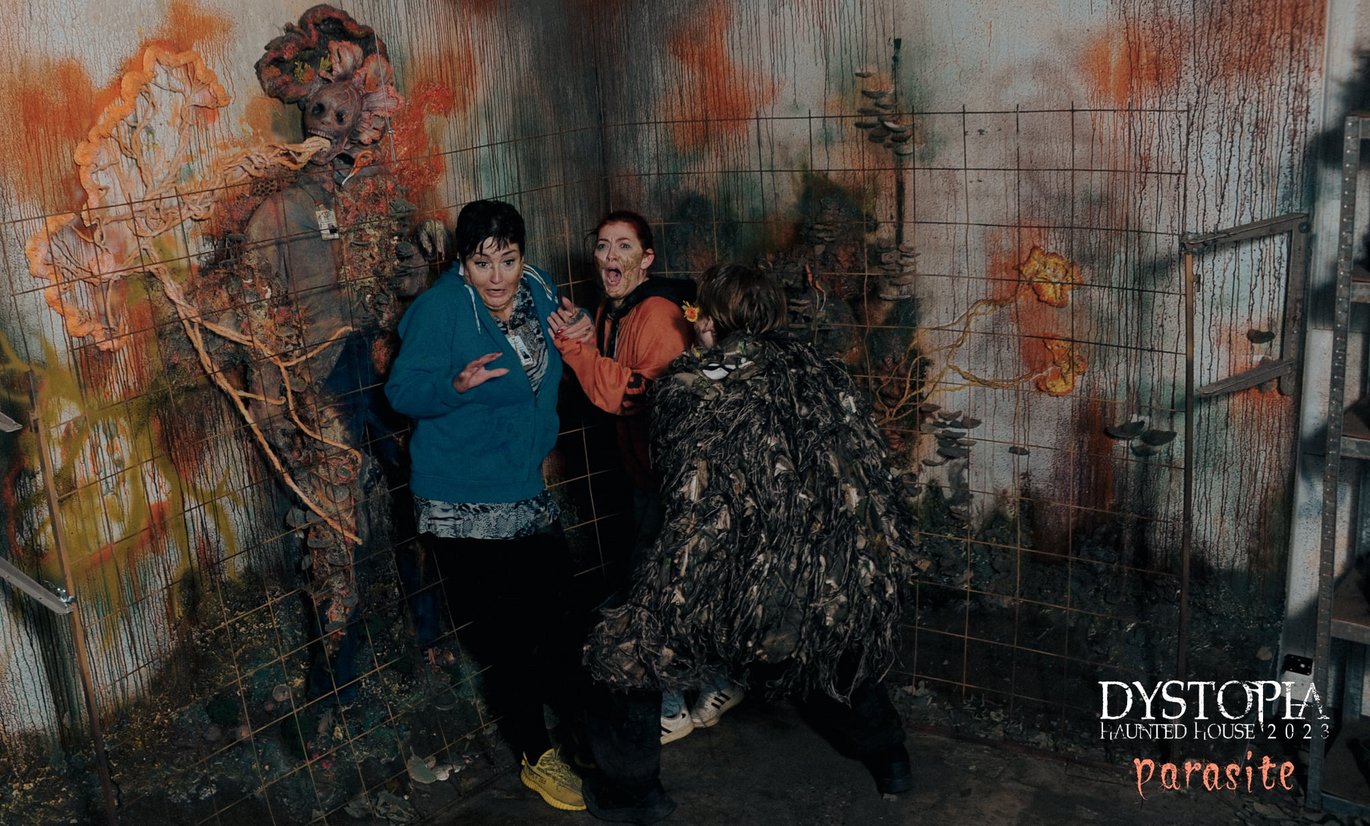Scaring away inflammation? New publication from the lab
Can a thrilling scare benefit our physical health? Exciting new research from the lab now out in Brain, Behavior, and Immunity

In a new study published in Brain, Behavior, and Immunity, we explored how recreational fear, like a haunted house visit, might impact the immune system. Can a thrilling scare benefit our health?
Our goal was to determine whether voluntary scares could alter markers of inflammation and immune cells in the blood. We tracked 113 participants before, immediately after, and three days after a haunted house visit, measuring high-sensitivity C-reactive protein (hs-CRP), a marker of low-grade inflammation associated with long-term health risks.
Our findings? The overall proportion of participants with low-grade inflammation showed no significant change.
However, upon further examination of hs-CRP levels, participants who entered the haunted house with low-grade inflammation showed decreased levels three days after the experience. Even more compelling, we found that immune cell counts decreased across the entire cohort, suggesting a broader immune-calming effect. This reduction in immune cells across all participants indicates a system-wide response to recreational fear, pointing to a calming effect on the immune system that extends beyond immediate fear responses.
Our findings suggest that recreational fear might help the body recalibrate immune responses, similar to other short-term stressors like cold exposure and hyperventilation, which have also been linked to reduced inflammation. Future research could investigate the long-term immune health benefits of 'safe scares,' particularly for individuals with chronic low-grade inflammation. Could 'scare therapy' become a reality? It’s an intriguing frontier.
Check out the study here: https://www.sciencedirect.com/science/article/pii/S0889159124006780
